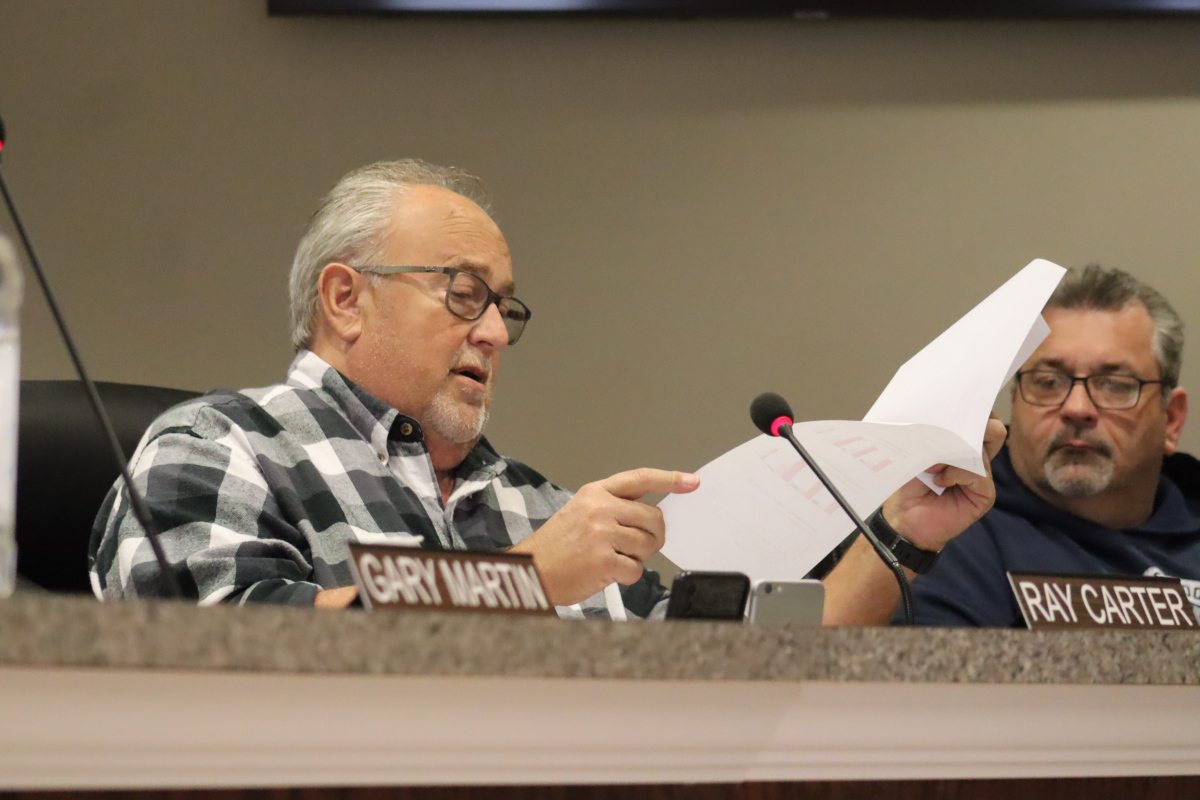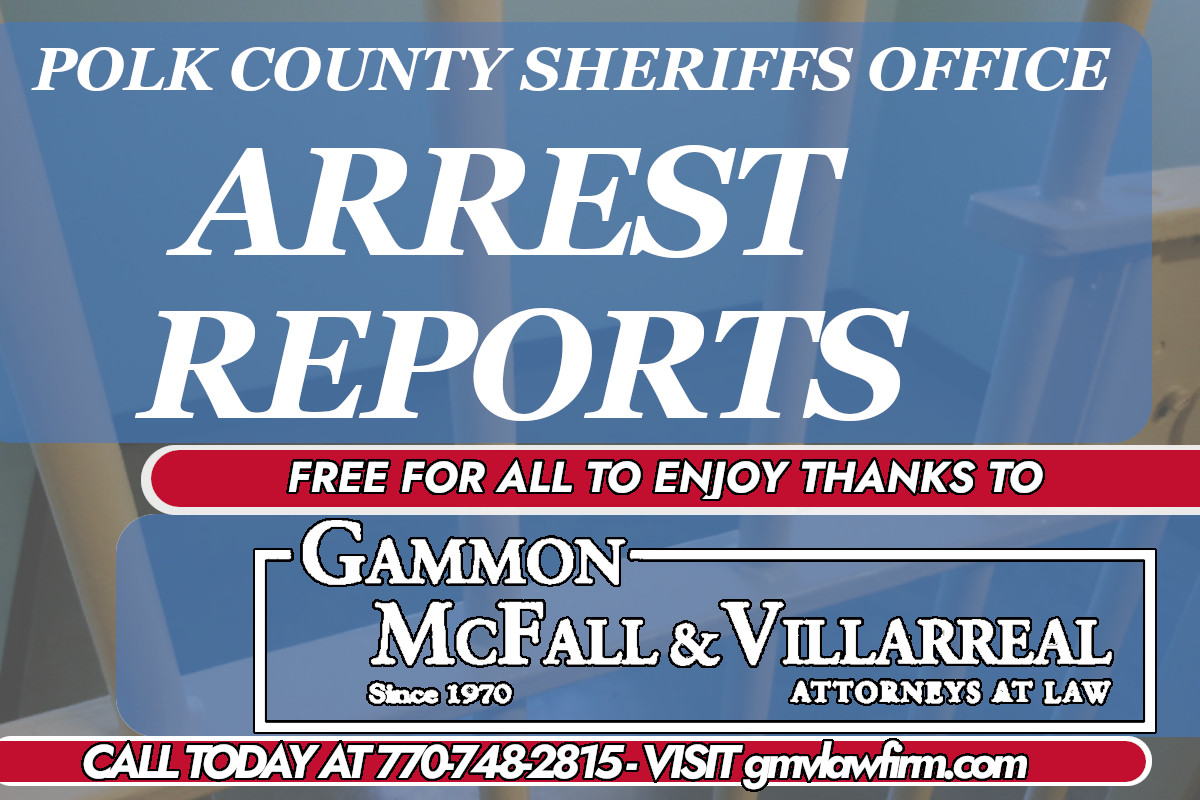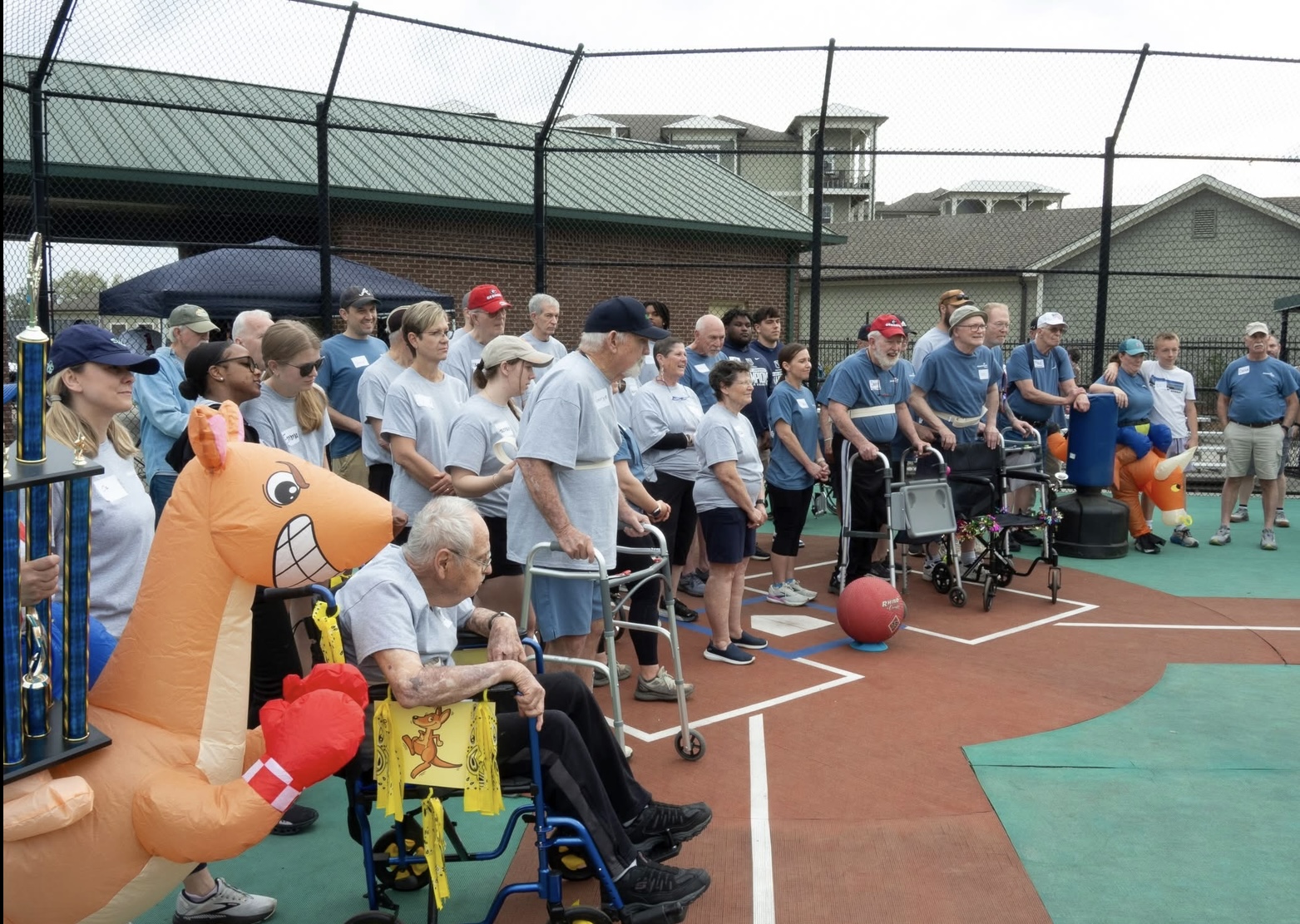Note: This article was updated to clarify that a statement made during the meeting was made by Commissioner Scotty Tillery. An oversight during the editing of this article was made by myself, and apologies to anyone who misinterpreted the statement as anyone else’s than Commissioner Tillery’s. Additional apologies to Mr. Tillery for the oversight. -KtE
Around a decade ago, Polk County stepped away from the efforts of the Haralson-Paulding Drug Task Force, the effort becoming a local-only affair staffed by city and county officers. After a vote on Tuesday evening by the Polk County Commission, the county is turning back toward a partnership with the their neighbors, with details still to be ironed out.
It’s not exactly the end of the Polk County Drug Task Force, but it is a turning point for at least County officers involved in the efforts trying to eradicate drugs in the community.
The Commission – headed by Vice Chair Chuck Thaxton with Hal Floyd absent due to illness – voted 4-0 to approve seeking a new intergovernmental agreement with Haralson and Paulding’s task force to join the efforts of their combined Drug Task Force, and allow for Floyd to execute that agreement when completed.
The vote on Tuesday does not do away with the current Drug Task Force at this time, but does allow the county law enforcement to begin the process of moving toward combining efforts with Paulding and Haralson counties’ GBI-led agency.
Their Drug Task Force control board will have to vote to approve Polk County joining up with the Haralson-Paulding DTF before any additional measures can be taken on which agencies will be involved in the future, and agents will have to apply to take part.
The cities will now have to vote on whether they will join up in the efforts as well.
County Commissioner Ray Carter made the presentation for the county – available in this Subscriber-only video – and said that though there were no “complaints over the job that they are doing” they are seeking different “measures of success” and look toward what the Haralson-Paulding Drug Task Force can offer.
“So we say, ‘what are we doing today?’ We’ve got a current Drug Task Force, made up of members of Polk County PD, Polk County SO, Rockmart PD, commanded by a Rockmart PD officer and Cedartown PD. We’ve got good, fair representation on there and we have folks doing a good job,” Carter said.
He continued “I really don’t have complaints about the job that they are doing, and we don’t get complaints over the job they’re doing. But saying that, we don’t get complaints because I don’t think any of us have established, nor do we know of specific measures of success? What are they? Have we ever told the Drug Task Force this is what we expect to see or this is where we want to go? Probably not. Is that a failure of leadership on our part? I’ll chalk that one up, yeah.”
Carter pointed to increases in figures in the meeting as evidence that a new effort is needed: the number of drug-related hospital visits are up, overdose figures have increased year-after-year since 2020, and the number of users being arrested with heroin and fentanyl are on the rise.
“You’ve got to define in specific terms what you want that group (the Drug Task Force) to do,” he said. “We want a reduction in drug activity. Leaving at that in general terms and looking at these statistics, I can say that we’re probably not getting that. But that being said, you know, you’ve got to look deeper into it.”
Carter also pointed out the county has made previous tries at doing something about the problem, including the increase in funding for cities overtime for officers to take part in a Drug Suppression Unit headed up by Drug Task Force Commander and Rockmart Police Assistant Chief Jonathan Fuller. He noted that “I’ve seen comments made about how they really concentrate on low-level trying to build up, but there’s a key to taking l0w-level users and buyers off the street on a very consistent nature.”
He also added that through no fault of the Drug Task Force, offenders who are caught up under such measures are more likely to get out of jail or prison terms early and end up back in the same cycle of drug use or sales they were in before and end up back in handcuffs and before judges once again.
County Commissioners initially discussed what to do in the Finance Committee since the initial idea for the Drug Suppression Unit was formed to concentrate on known areas where drug sales were happening.
“We told them to go do this and we told them we wanted these guys to leave town… that was a simple thing. That is a different way of doing things than most other Drug Task Forces elsewhere usually do. Unfortunately again without the methods and training on how to do that properly, I’m not sure that effort was a success,” Carter said in the presentation on the Commission’s decision. “And doing an overtime method put a lot of stress from a lot of different angles on personnel to do it, on administration to properly compensate, and things of that nature. So we stopped the effort. It simply didn’t appear to produce a lot of results.”
Since the finance committee was involved in the funding “due to the financial investment so that’s where it came up” Carter noted, and the county took up the mantle again and bring in someone to “steer the county in the right direction” was taken up.
Those discussions ultimately ended up with city and county officials meeting up with the Haralson-Paulding DTF commander and hearing a presentation on what can be offered by joining back with a trio of counties working together.
At the moment, the county is seeking to fund at least three officers, vehicles and equipment at minimum from the County Police and Sheriff’s Office to take part in the combined Drug Task Force effort. The cities would be responsible for forwarding their own officer, vehicle and equipment as well. Carter said the unit is headed and trained by GBI agents that “supposedly the elite law enforcement unit of our state utilize.”
“They employ the methods of what should be the best trained law enforcement agency in the state of Georgia, and naturally that appealed to us,” he said.
Overseen by the West Metro Drug Task Force, the Haralson-Paulding DTF will also require officers to apply to become part of the new DTF and be selected by the combined board to take part. Haralson and Paulding (per the county’s presentation) have four officers serving as agents each. Haralson County is currently responsible for overseeing grant funding provided by state and federal authorities for their Drug Task Force efforts.
After getting onto the new Drug Task Force (which would require a likely name change as well) the new agents would have to go through GBI-led training courses, and also work with an already established agent for at least a year before being able to take part in full field duty with DTF operations. Carter envisioned that with training classes included, the officers forwarded from Polk County would serve a minimum of 3 year assignments, but he would like to see 4 to 5 years served by officers.
The ideas was “very well received and encouraged by those involved in existing task force, and quite honestly they were anxious to see what we can bring to table as well,” Carter also noted during his presentation.
“There’s a lot of activity that happens between these three counties. We share a lot of geography and a lot of roads, a lot of overlaps in communities, so there’s a lot of things here that having that third party in with them that shares like demographics, we think it will help everybody,” Carter said.
Other Commissioners voiced the positives of moving forward.
“They Google well,” Commissioner Scotty Tillery started out with his comments, to make the further point that the neighboring Task Force is constantly involved with operations that make the news in eradicating drugs from the various communities across the two counties and thus the results of their efforts are easy to find.
Tillery also noted this would be a process, one that will take some time to work out as the county seeks approval from their Drug Task Force board to join up.
One question brought up immediately by Commissioner Gary Martin was who would act as liaison for Polk County with the potential combination of the three counties working together again. Carter said one hasn’t been determined yet.
“We really don’t want an elected official involved,” he said. “They don’t report to us, they aren’t obligated to us.”
Carter went on to add “I want to make it clear. This is something as politicians we don’t want to be involved in. We want to get the best professionals on there, get the best training and resources to them, and let them go do their job.”
Tillery added to the thought that: “It’s like one of the Haralson County Commissioners told me: ‘I don’t have a clue what they are doing, but they call me when something happens before it hits the paper or the news. But I do know they arrest a lot.’ That’s the way it is supposed to be. The last thing that you want.”
Polk Today reached out to city officials from Cedartown and Rockmart – the two main partners with the county in the Drug Task Force – to hear their response to the latest decision. Officials weren’t ready to comment on the record at this time.





















Leave a Reply